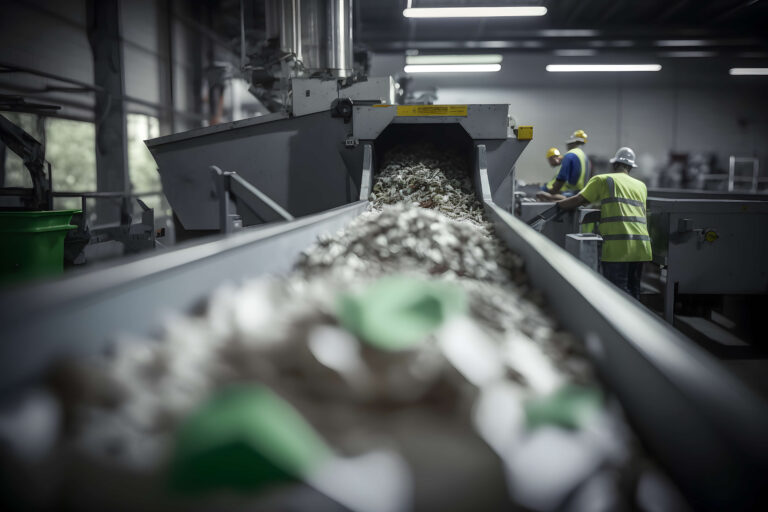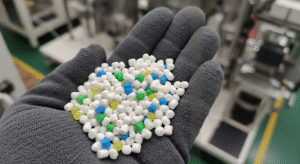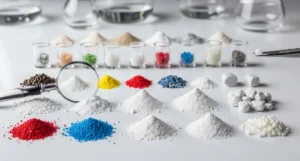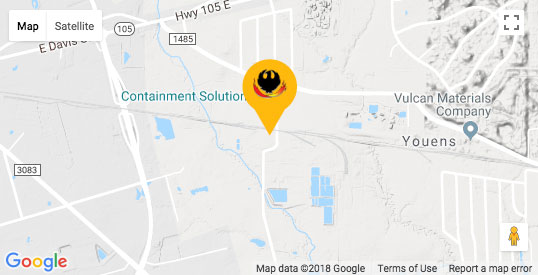In the dynamic world of manufacturing, stabilizers in plastics are crucial in ensuring plastic products’ longevity, quality, and performance. These additives are specifically designed to protect polymers from degradation caused by heat, light, oxidation, and other environmental factors.
Types of Stabilizers in Plastics
Understanding the various stabilizers in plastics manufacturing is essential for producing durable and reliable plastic goods. Here are the key stabilizer categories and their significance in the plastic industry.
Heat Stabilizers
Heat stabilizers are instrumental in safeguarding plastics from the harmful effects of heat exposure during processing and end-use applications. Common heat stabilizers include metal soaps, organotin compounds, and organic phosphites.
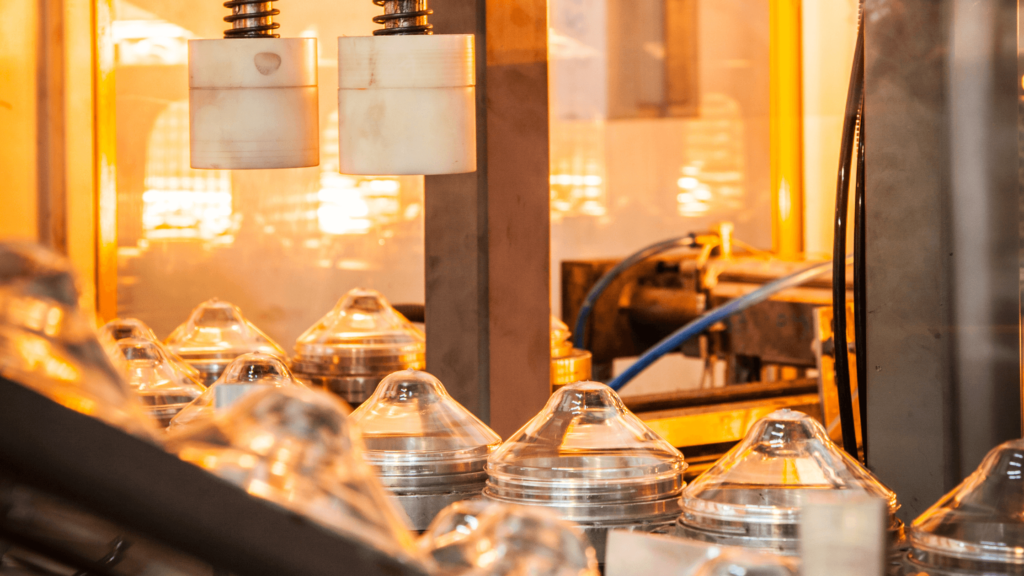
Heat Stabilizer Applications
From outdoor equipment to electronics, incorporating heat stabilizers in plastics enables manufacturers to create durable and reliable products that can withstand various environmental stressors. They suit multiple industries and applications, including automotive, electrical/electronics, construction, packaging, agriculture, consumer goods, and medical devices.
Light Stabilizers
Exposure to ultraviolet (UV) light can cause photo-oxidation, leading to discoloration, brittleness, and decreased mechanical properties in plastics. Light stabilizers, such as UV absorbers and hindered amine light stabilizers (HALS), act as a shield against UV rays, preserving the appearance and performance of plastic products.
Light Stabilizer Applications
Plastic light stabilizers find wide applications, including outdoor products like automotive components, building materials, and outdoor furniture, ensuring long-lasting performance and aesthetics. Additionally, light stabilizers are essential in producing agricultural films, packaging materials, and consumer goods, protecting them from UV-induced damage.

Antioxidants
Antioxidants are additives that inhibit oxidation reactions in plastics due to exposure to oxygen and heat. These stabilizers effectively prolong the lifespan of plastic products by preventing chain scission and molecular breakdown. Hindered phenols and phosphites are common types of antioxidants used in plastics manufacturing.
Antioxidants Applications
Plastic antioxidants find extensive applications in automotive components, electrical and electronic devices, and wire and cable insulation, providing protection against oxidative degradation, prolonging the lifespan, and maintaining electrical properties.
Lubricant Stabilizers
Lubricant stabilizers, also known as internal lubricants or processing aids, are additives used during plastic processing to improve flow properties, reduce friction, and prevent polymer degradation caused by mechanical stress and high shear forces. They facilitate smooth extrusion and molding processes, enhancing the overall efficiency of production.
Lubricant Applications
Plastic lubricant stabilizers are widely utilized in industries where friction reduction and smooth operation are vital. They find extensive use in automotive manufacturing for components like bearings, gears, and seals, ensuring efficient and long-lasting performance. Additionally, plastic lubricant stabilizers are employed in producing industrial machinery, consumer appliances, and medical equipment, optimizing functionality and reducing wear and tear for enhanced product longevity.
Metal Deactivators
Metal deactivators are essential in applications where plastics come into contact with metal surfaces, as metal ions can catalyze the degradation of polymers. These stabilizers work by chelating metal ions, neutralizing their detrimental effects, and maintaining the integrity of plastic materials.
Metal Deactivator Applications
These plastic additives are commonly used in automotive manufacturing for components like fuel tanks and engine parts, protecting against metal-catalyzed degradation and improving vehicles’ overall performance and safety. Additionally, metal deactivator plastic stabilizers are used in electrical and electronic devices, wire and cable insulation, and packaging materials, enhancing product reliability and longevity.
Stabilizers in Plastics
In plastics manufacturing, stabilizers are indispensable guardians, protecting products from heat, light, oxidation, and other adverse effects. Manufacturers can ensure that their plastic goods meet the highest quality, durability, and performance standards by choosing the appropriate stabilizer for each application.
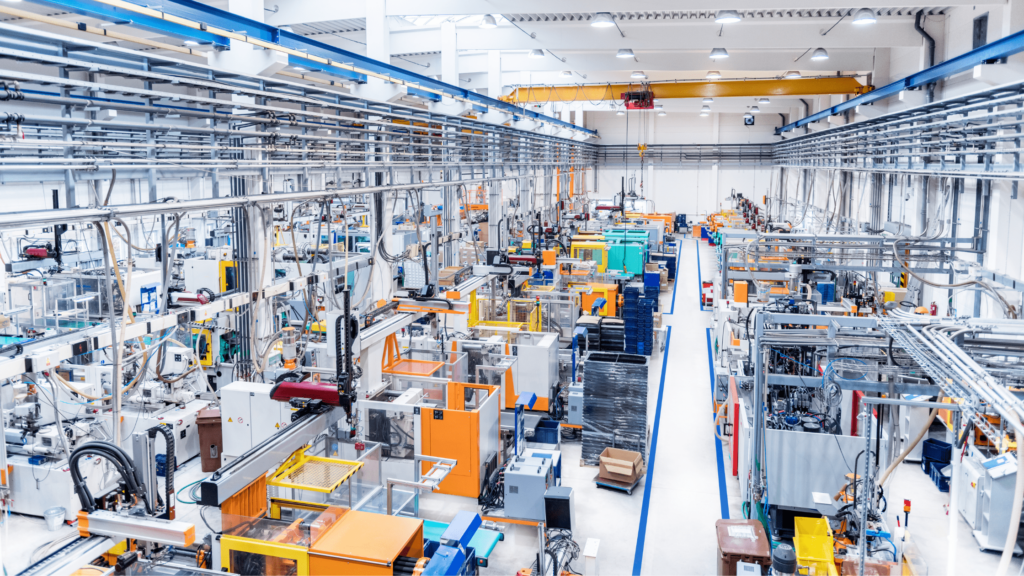
By continuously advancing stabilizer technologies, the industry continues to push the boundaries of what is possible with plastic materials, enabling innovation and sustainable solutions in various sectors. Explore Phoenix Plastics’ cutting-edge solutions and let us help you materialize your vision. Contact us to embark on a journey of innovation and excellence in plastic manufacturing.

